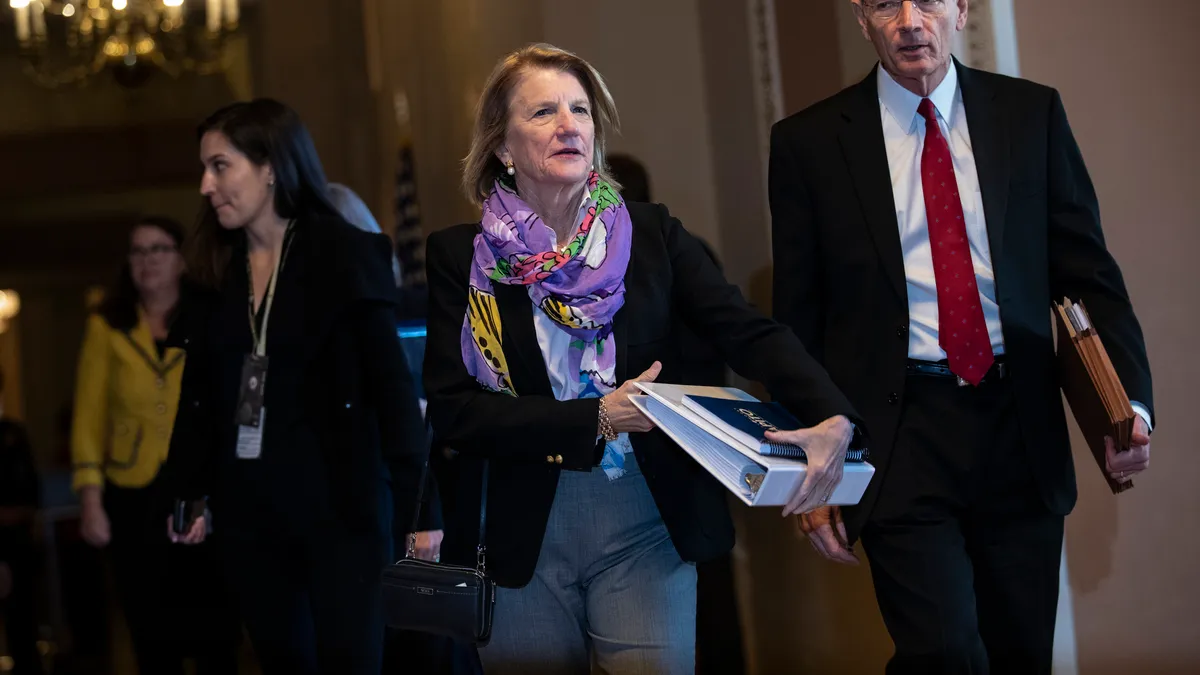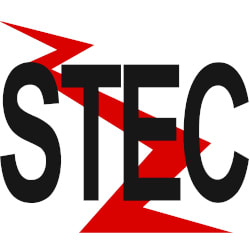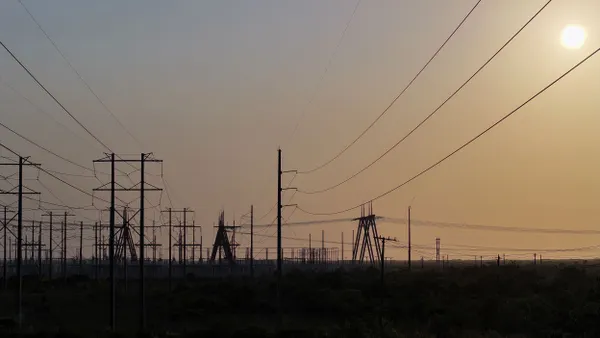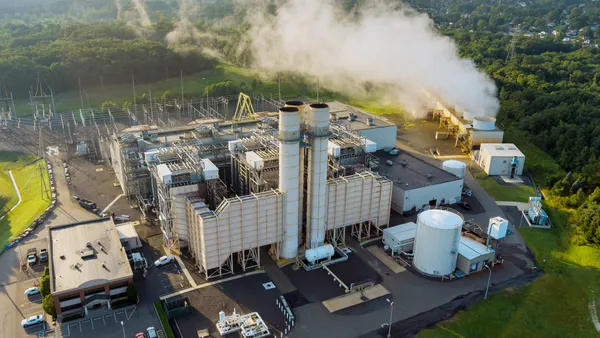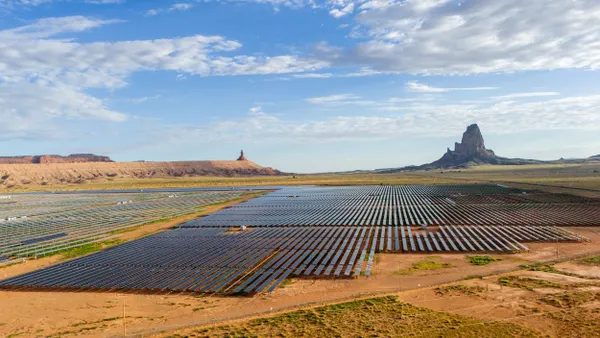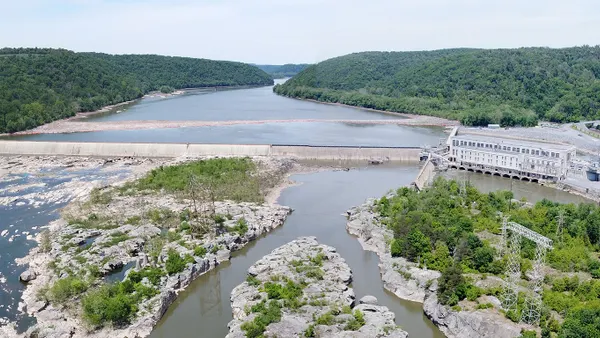Dive Brief:
-
Republican senators on Thursday released a $568 billion infrastructure bill as a counter to President Joe Biden's $2 trillion infrastructure proposal, unveiled earlier this month.
-
The proposal, unlike Biden's, does not include spending on clean energy, electric vehicles (EV), transmission or other power sector-specific upgrades. Instead, the bill focuses the majority of its funding — $299 billion — on upgrading roads and bridges, followed by $65 billion for broadband infrastructure, $61 billion for public transit systems and $44 billion on airports, among other sectors.
-
But Sen. Shelley Moore Capito, R-W. Va., who led the bill's unveiling and serves as Ranking Member of the Senate Environment and Public Works (EPW) Committee, told reporters that Republicans were open to discussion on including broader climate policy, and that spending on roads and highways could include funds for EV infrastructure.
Dive Insight:
Republicans' counter-offer to the Biden administration's record spending proposal does not include funds for the electric power grid. But Capito signaled to reporters that Republicans may be willing to come to the table on broader energy infrastructure spending.
The framework released Thursday is a "beginning document," she said, adding that if they get to negotiations with Democrats, spending on the electric grid and pipeline infrastructure is something she thinks Republicans on EPW "would all certainly entertain."
"We fully expect when we get to the negotiating phase that climate will be a part of the discussion," she said. Democrats have "made that very clear," she added.
Under the Republican proposal, EV infrastructure incentives are likely to look more like the Transportation Infrastructure Act of 2019, said Capito — which establishes a $1 billion, five-year grant program to incentivize hydrogen, natural gas and electric vehicle fueling infrastructure along designated highway corridors. The Biden plan, by contrast, proposed investing $174 billion in the EV market.
"We see the future. We may see it differently than President Biden in terms of [his proposed multi-billion dollar] incentive to buy an electric vehicle," she said. "That's not in here, you're right. But realizing that infrastructure part of that could be a part of a bipartisan bill — that's what we've talked about."
Republicans also took the opportunity to criticize Biden's proposal, echoing previous arguments that the plan takes an overly broad view of infrastructure.
"The fact that the Biden proposal has only less than 6% of the money for roads and bridges tells you that his focus isn't really on the kind of infrastructure that the American people think of as infrastructure," said Sen. John Barasso, R-Wyo., who serves as Ranking Member of the Senate Energy and Natural Resources Committee. "We're talking about core infrastructure."
The Republican infrastructure proposal would also spend $35 billion on drinking water and wastewater, $20 billion on railways, $17 billion on ports and inland waterways, $14 billion on water storage and $13 billion in safety, including mitigating risks on highways, pipelines and hazardous materials.
Several Democrats shot down Republicans' proposal earlier this week, before it was introduced, narrowing the opportunity for bipartisan consensus. Democratic leaders are more seriously considering bypassing Republican opposition to a larger spending bill through a second reconciliation process, The Washington Post reported.
Biden's proposal would spend $100 billion in the power grid, $46 billion in clean energy manufacturing and $35 billion in research and development efforts to address the climate crisis, along with the $174 billion EV investment. His budget proposal would increase spending on clean energy by 27%.
"It's critical that the U.S. invest in energy infrastructure that helps decarbonize the U.S. economy," said Clean Air Task Force federal policy director Lindsey Baxter Griffith in an email. "It's a requirement in order to achieve our climate goals, it keeps us competitive in a global economy pivoting to carbon-free energy, and it creates and maintains jobs for American workers. It'd be a mistake for any infrastructure plan, regardless of the party proposing it, to pass up on an opportunity to invest in the future of the country by investing in zero-carbon energy infrastructure."
Edison Electric Institute, which represents U.S. investor-owned utilities and has praised the president's proposed investment in the power grid and vehicle electrification, said it hopes Democrats and Republicans come to a consensus on infrastructure that includes those elements.
"We look forward to working with policymakers on both sides of the political aisle to find innovative and bipartisan solutions that will address our nation’s infrastructure challenges and help get critical electric transmission and other energy grid infrastructure, including electric vehicle charging infrastructure, built more quickly," said Brian Reil, spokesperson for EEI, in an email.



